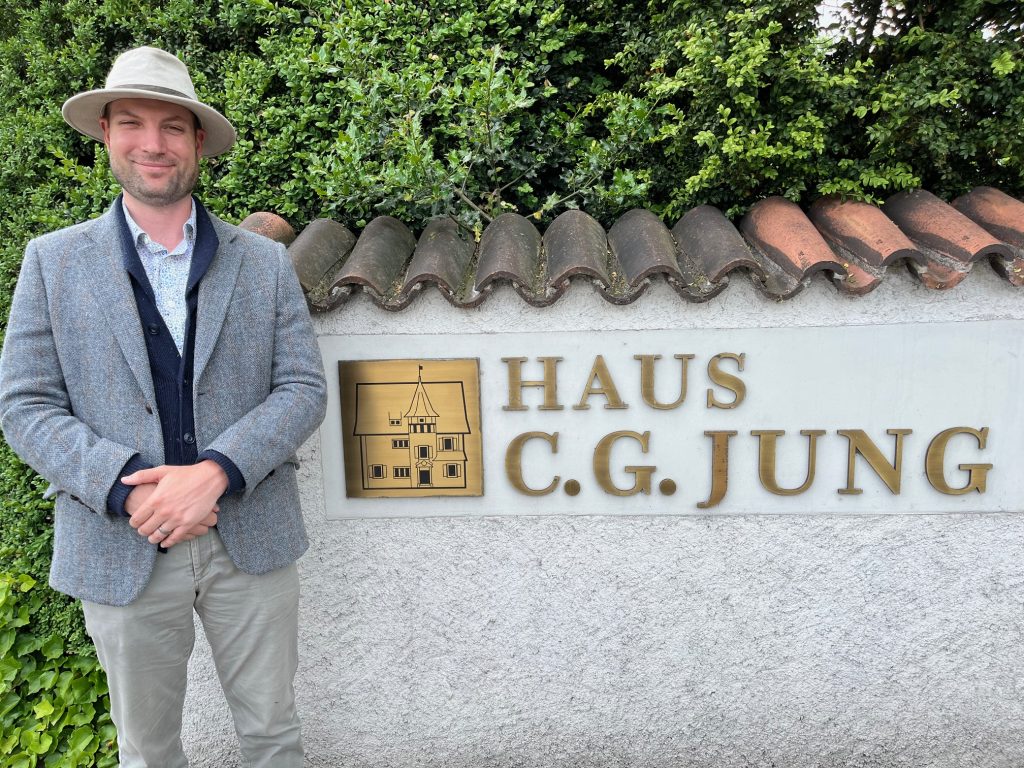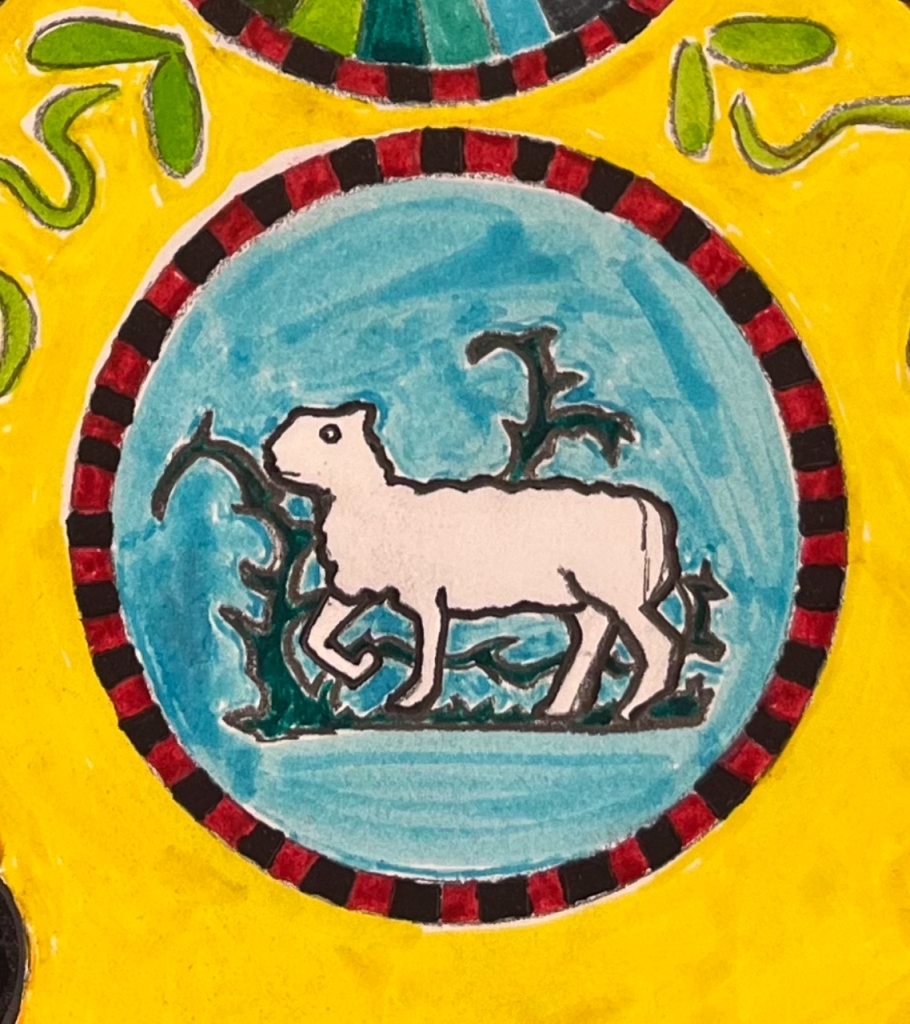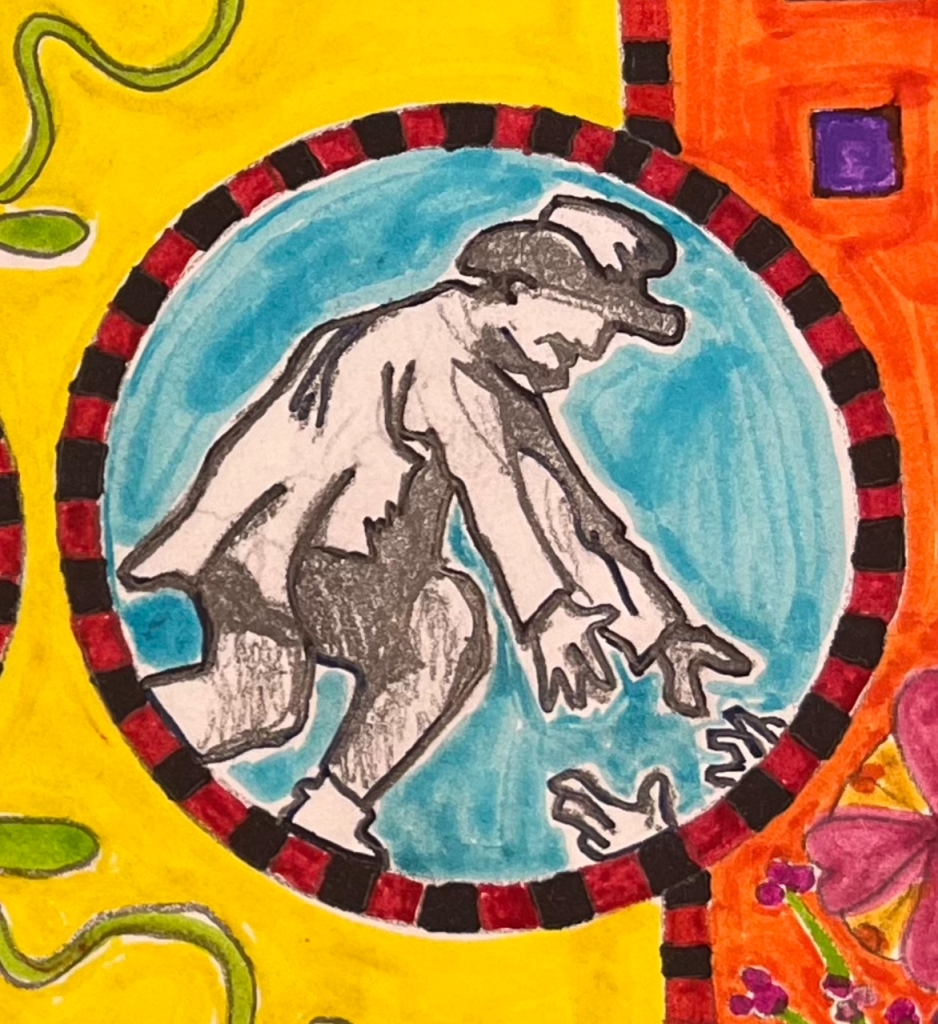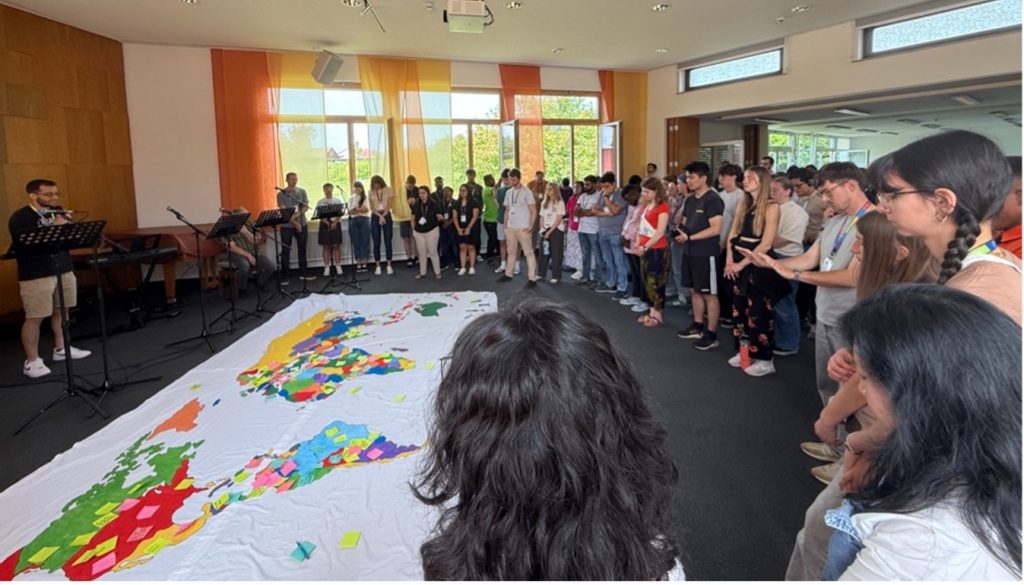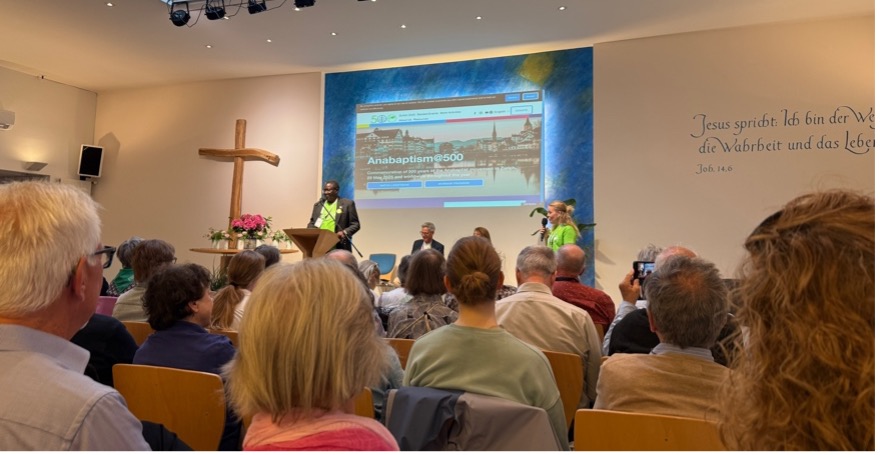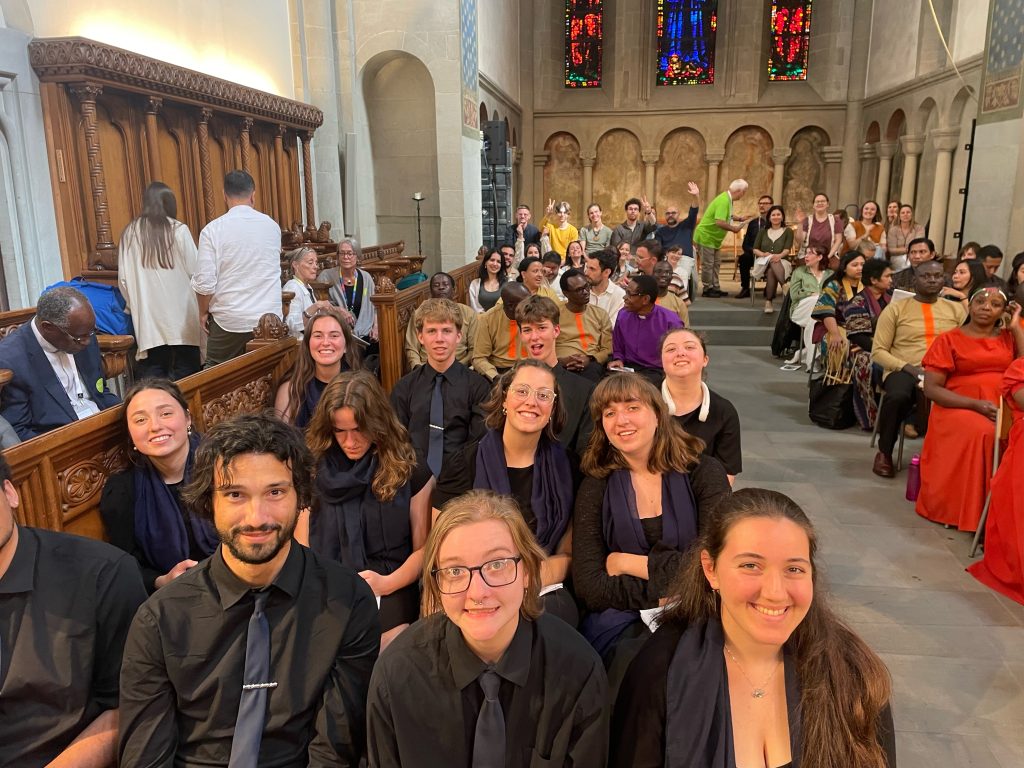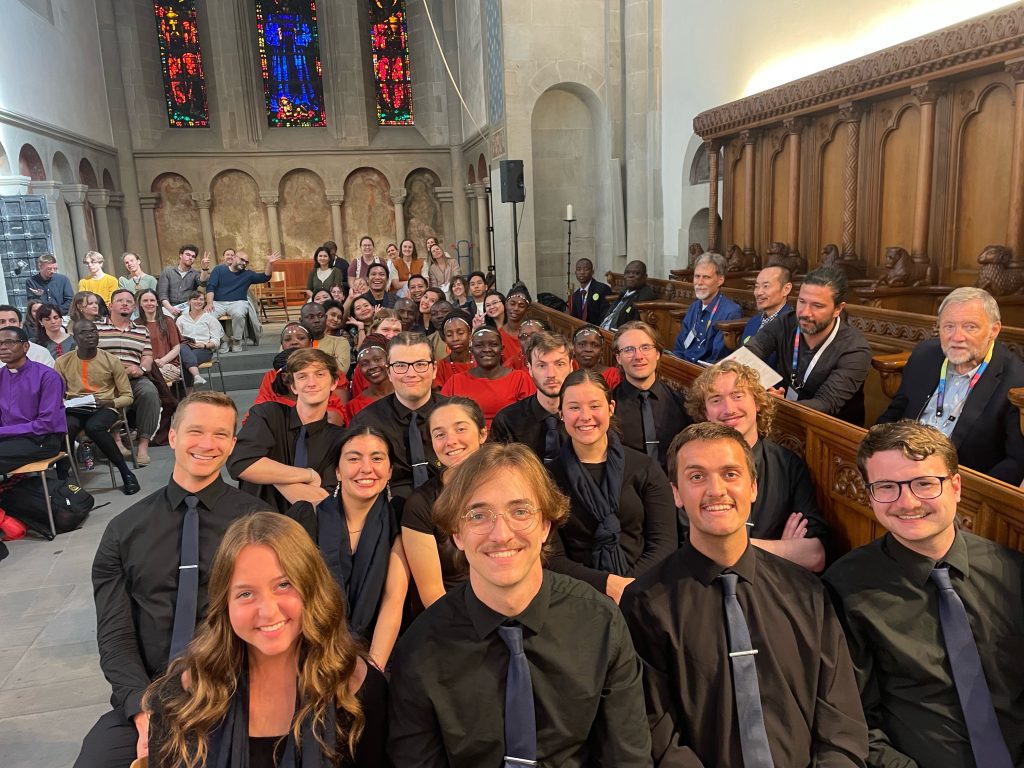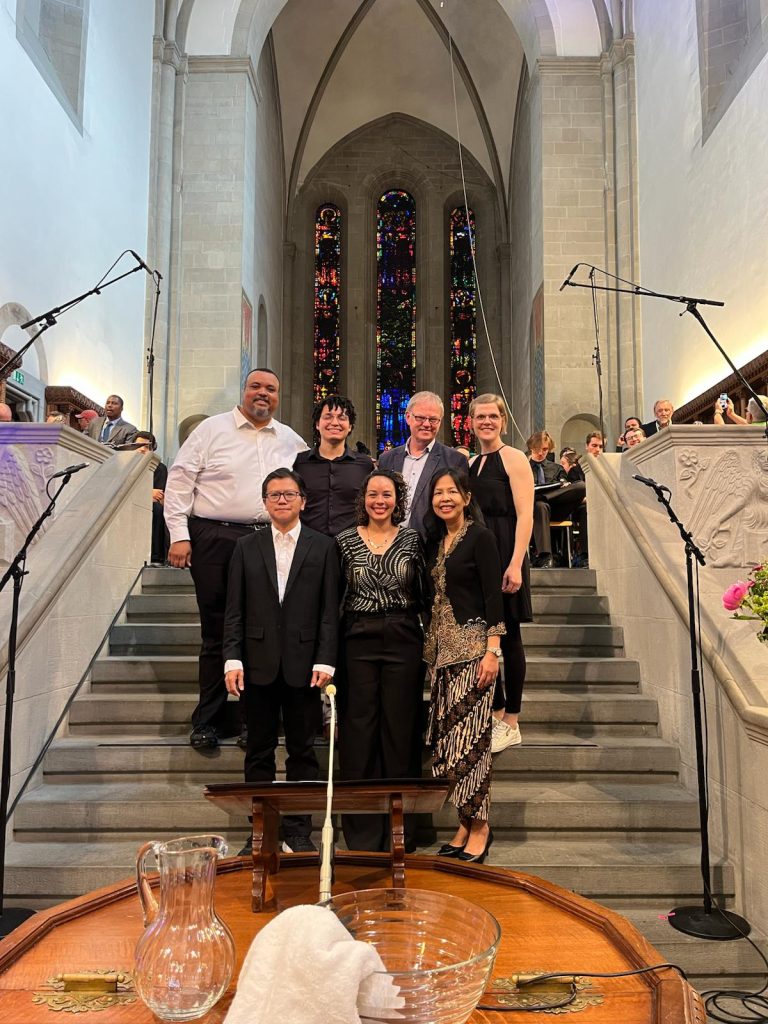As Mosaic Mennonite Conference commemorates the 500th Anniversary of Anabaptism in 2025, here is the final installation of a variety of Mosaic voices reflecting on the question, “What does Anabaptism mean to me?”
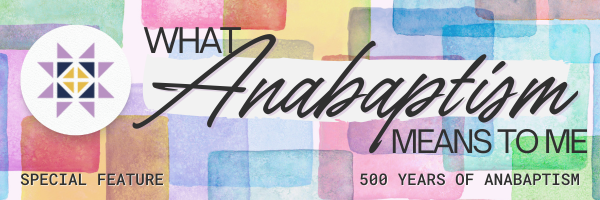

Submission from
Pastor Ertell Whigham, Mosaic Conference Leadership Minister
As a Christian who was a Marine combat veteran, focusing on what it means to be Anabaptist demands serious reflection on both the call (designation) and conviction.
I am moved to think deeply about both peace and nonresistance. As a follower of Jesus Christ, I have a responsibility to examine my views on Just War theology.
Aside from the most obvious values of Anabaptism such as community, discipleship, service, and my personal challenge for deeper, transformative intercultural connection, being Anabaptist convicts me to surrender to the teachings of Jesus.
Despite what I’ve lived and experienced in various battlegrounds of bias and cultural exclusion within the Anabaptist community, the tenets of Anabaptism continue to influence and encourage me to reflect on the life of Jesus and what he calls and enables me to be.
In the simplest terms, Anabaptism calls and convicts me for peace and nonresistance no matter the battleground. It invites the Holy Spirit to help me be authentic in my expression that Jesus is indeed the Way, the Truth and the Life.

Submission from
Pastora Dania Hernández, Peña de Horeb (Philadelphia, PA)
En mis propias palabras, el anbautismo significa amor rotundo. Rebautizados era como se llamaba aquellos cristianos que durante la Reforma rechazaron el bautizo de niños. Demostraron valentía y amor hacia el Evangelio porque sabían que tendrían que pagar con sus propias vidas y familias. También creemos en un solo Dios, Padre, Hijo y Espíritu Santo. Creemos que la salvación es por gracia y que podemos aprender de los demás si somos amables y tratamos de seguir a Jesús. Para mí, el anabaptismo es el amor que practicamos. Amo esta comunidad de fe, como Jesús es el centro de nuestra vida. Esta comunidad me abrió los ojos hacia otras culturas, razas e idiomas. Hoy, como anabaptista, me siento comprometida a seguir honrando a Dios y a todos nuestros mártires.
English translation: In my own words Anabaptism means absolute love. Rebaptized was what the Christians were called who during the Reformation rejected baptizing children. It showed courage and a love of the Gospel because they knew they would have to pay with their own lives and family. We also believe in one God who is Father, Son, and Holy Spirit. We believe that salvation is by grace, and that we can learn from others as we are kind try to follow Jesus. For me Anabaptism is love that we practice. I love this community of faith with Jesus is the center of our life. This community opened my eyes to other cultures, races, and languages. Today as an Anabaptist I feel committed to continue honoring God and all our martyrs.

Submission from
Steve Lindsey, CEO of Garden Spot Communities, affiliated with Conference-Related Ministry Frederick Living (Zieglerville, PA).
Mosaic values two-way communication and encourages our constituents to respond with feedback, questions, or encouragement. To share your thoughts or send a message to the author(s), contact us at communication@mosaicmennonites.org.

